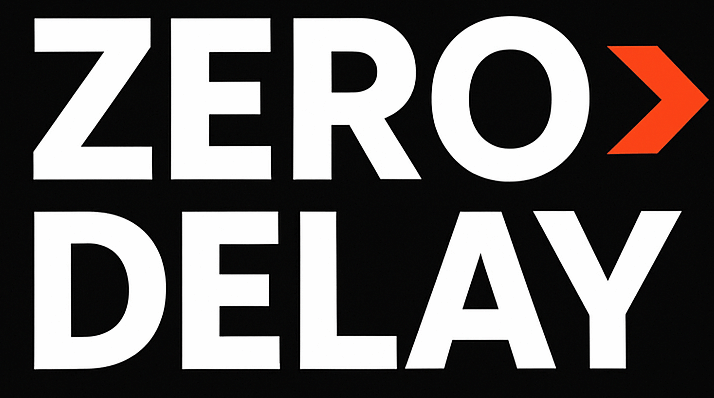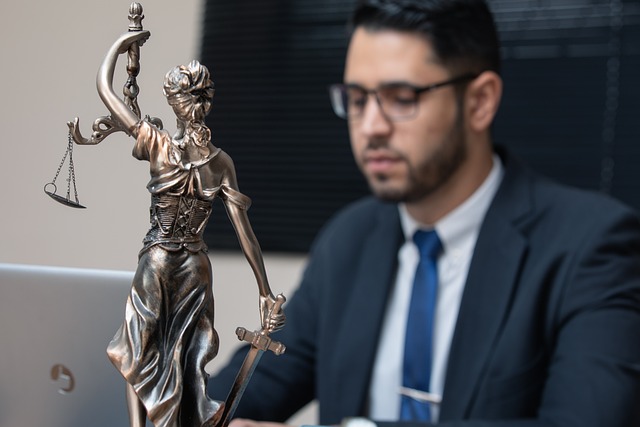Recent developments in the legal world have brought attention to the growing role of artificial intelligence in courtroom procedures. In a surprising turn of events, lawyers representing Mike Lindell, the CEO of MyPillow, were fined after submitting a court motion that was generated by AI. The case involved a high-profile defamation lawsuit related to false claims about the 2020 U.S. election, which concluded with Lindell being found liable by a jury. This incident has ignited discussions about the ethical boundaries and accountability when it comes to using AI tools in legal proceedings.
Lawyers fined for using AI to file court documents in Denver case
In Denver, legal authorities took a firm stance after discovering that the attorneys involved in Lindell’s defamation lawsuit had employed artificial intelligence to draft a critical court filing. The motion was riddled with errors and inconsistencies, which raised suspicions about its origin. Court officials quickly identified that the document was not carefully reviewed by human attorneys before submission, prompting them to impose a fine on the lawyers for neglecting their professional responsibilities. This action underscores the importance of maintaining ethical standards and thorough oversight, especially when integrating new technology into legal work.
The court’s decision to penalize the lawyers highlights the risks associated with relying heavily on AI-generated content without proper verification. Legal professionals are expected to ensure their filings are accurate, well-supported, and ethically sound. The incident serves as a cautionary tale about the potential pitfalls of using automated tools in such serious contexts, where errors can undermine a party’s credibility and complicate judicial proceedings. While AI can be a valuable aid, experts agree that it must always be used under strict human supervision to avoid legal and ethical violations.
Moreover, this case has sparked broader concerns about accountability in the legal field. As AI continues to advance, questions are arising about who is responsible when automated content goes wrong—the developers, the lawyers, or the firm? The Denver incident emphasizes the need for clear guidelines and standards to govern the use of AI in law, ensuring that technology enhances rather than jeopardizes the integrity of the justice system. With courts and law firms navigating this new landscape, the importance of balancing innovation with responsibility has never been clearer.
Controversy erupts over AI-generated court filings in defamation suit
The controversy surrounding the AI-generated court filing in Lindell’s case has ignited heated debates within the legal community and beyond. Critics argue that relying on artificial intelligence for drafting legal documents risks undermining the professionalism and rigor that courts depend on. They worry that such tools, if not carefully managed, can introduce mistakes, biases, or even fabricated content, which could jeopardize the fairness of legal proceedings. The incident has prompted calls for stricter regulations and oversight of AI usage in legal practices, emphasizing that technology should support, not replace, human judgment.
Supporters, however, contend that AI has the potential to make legal work more efficient and accessible, especially for complex or time-consuming tasks. They believe that with proper safeguards and oversight, AI can be a valuable tool to assist attorneys in drafting documents, conducting research, and managing case data. Nonetheless, the Denver case serves as a stark reminder that this technology is still in its infancy and must be handled responsibly. Courts and legal professionals are now challenged to determine where the line should be drawn—striking a balance between innovation and accountability.
The fallout from this incident also raises questions about transparency and due diligence in legal filings. Courts rely heavily on the integrity of submitted documents, and errors—especially those introduced by AI—can erode public confidence. The case has sparked broader discussions about best practices for verifying AI-generated content and establishing clear standards to prevent future mishaps. Ultimately, the incident underscores that, despite its potential benefits, AI must be integrated into legal workflows with caution, ensuring that human oversight remains central to maintaining justice and fairness.
As the legal community reflects on the Denver case involving AI-generated court filings, it is clear that the integration of artificial intelligence into legal processes is a complex but inevitable evolution. While AI offers promising efficiencies, the incident with Lindell’s lawyers serves as a cautionary tale about the importance of ethical oversight and accountability. Moving forward, courts, lawyers, and policymakers will need to collaborate to develop clear guidelines that harness the benefits of AI while safeguarding the integrity of the justice system. Only through careful regulation and responsible use can the legal field fully realize the potential of emerging technologies without compromising its foundational principles.






